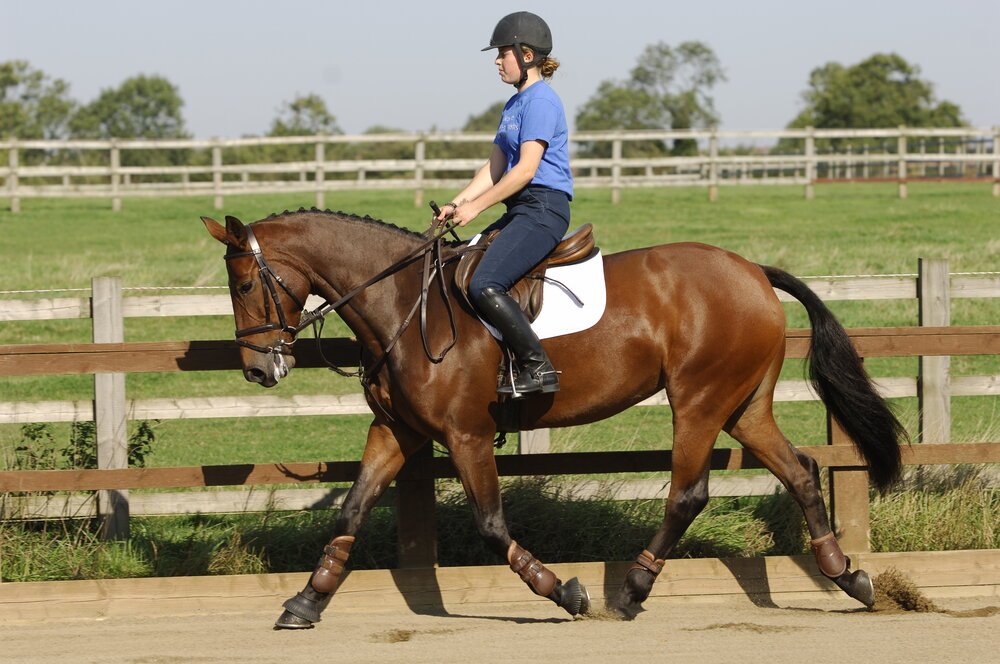Are you passionate about horses and looking for creative horse training journal ideas? Whether you’re a seasoned equestrian or a beginner, maintaining a journal can significantly enhance your training experience. Not only does it help in tracking progress, but it also enables you to reflect on your learnings and strategies. In this article, we will explore various horse training journal ideas that will help you become a more effective trainer.

Why Keep a Horse Training Journal?
Keeping a horse training journal is beneficial for various reasons. It allows you to document your horse’s development, track behavioral changes, and record training sessions. Journals also serve as a valuable tool for setting goals, monitoring health, and establishing routines. By regularly updating your journal, you can identify patterns and make informed decisions for future training.
Getting Started with Your Journal
To begin, choose a format that suits your style. Some people prefer traditional notebooks, while others opt for digital formats. Whatever you choose, ensure that it’s convenient and accessible for daily updates. Decide on the sections you want to include, such as daily logs, goals, health records, and observations.
Daily Logs
Documenting daily activities is a fundamental aspect of horse training journals. Record the date, time, and nature of each training session. Include details about the weather, location, and any equipment used. This information helps you understand how external factors influence your horse’s performance.
Goals and Achievements
Setting short-term and long-term goals is crucial in horse training. Use your journal to outline these goals and track your progress. Celebrate small victories and note down areas for improvement. This section will motivate you and provide a sense of accomplishment as you reach your milestones.
Health and Nutrition
Maintaining a record of your horse’s health and nutrition is vital for their overall well-being. Keep track of veterinary visits, vaccinations, and dietary changes. Note any health issues or injuries and the steps taken to address them. This information is invaluable for ensuring your horse remains healthy and fit.
Incorporating Training Techniques
Document different training techniques you use and their outcomes. Whether it’s voice commands or discipline training, noting these methods will help you evaluate their effectiveness. You can find more about specific techniques on voice commands. Adjust your approach based on your observations and feedback.
Behavioral Observations
Understanding your horse’s behavior is key to successful training. Record any changes in behavior, mood, or attitude. Note triggers that cause anxiety or excitement and how you manage them. These observations will guide you in tailoring your training sessions to suit your horse’s needs.
Reflective Journaling
Reflect on your training sessions by writing about your experiences and emotions. This practice allows you to process what went well and what didn’t. Reflective journaling encourages self-awareness and personal growth, enhancing your skills as a trainer.
Advanced Journal Ideas
Photo Documentation
Incorporate photographs and videos to visually capture your horse’s progress. This multimedia approach adds a new dimension to your journal, making it more engaging and informative. Compare visual evidence over time to see how far you’ve come.
Collaborative Journaling
Consider collaborating with other horse enthusiasts by sharing journal entries. This exchange of ideas and experiences can provide fresh perspectives and foster a sense of community. You might even discover new horse training journal ideas through this collaborative effort.
Resources and Inspiration
For additional resources and inspiration, visit The Spruce Pets. Their tips and guides can offer new insights into effective horse training practices.

FAQs
How often should I update my horse training journal?
Ideally, you should update your journal after every training session. However, consistency is key, so find a routine that works for you and stick to it.
What if I miss a day of journaling?
It’s okay to miss a day occasionally. Just make sure to summarize the missed sessions in your next entry to maintain continuity.
Can I use a digital journal?
Yes, digital journals are a great option for those who prefer typing over writing. They offer convenience and the ability to easily organize and search your entries.
In conclusion, maintaining a horse training journal is an invaluable tool for any horse enthusiast. It not only aids in tracking progress but also enhances your understanding of your horse. With the right journal ideas, you can significantly improve your training outcomes and strengthen the bond with your horse.
This article contains affiliate links. We may earn a commission at no extra cost to you.








